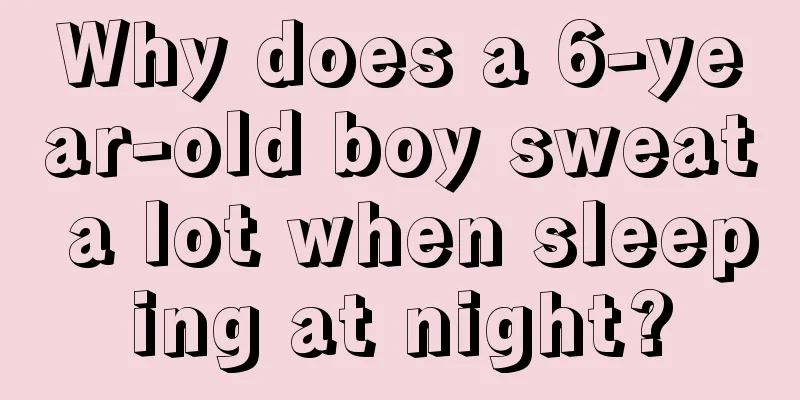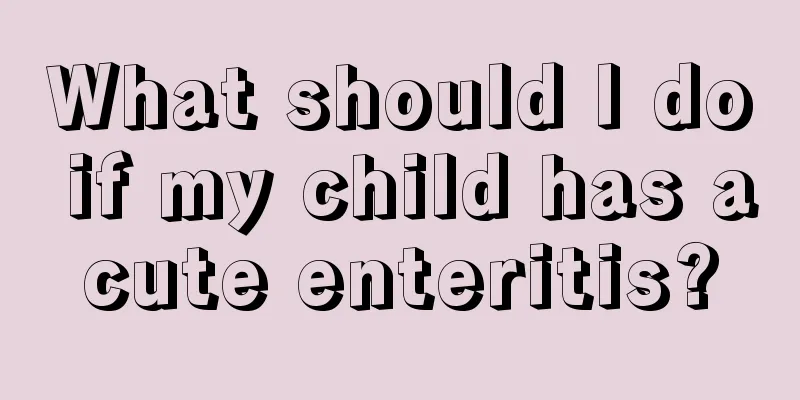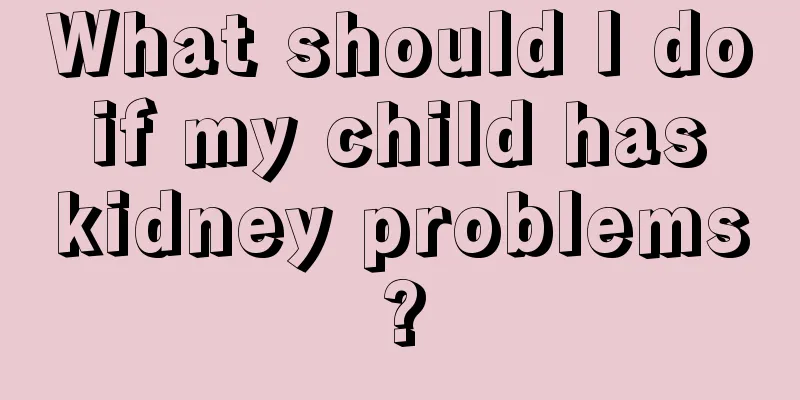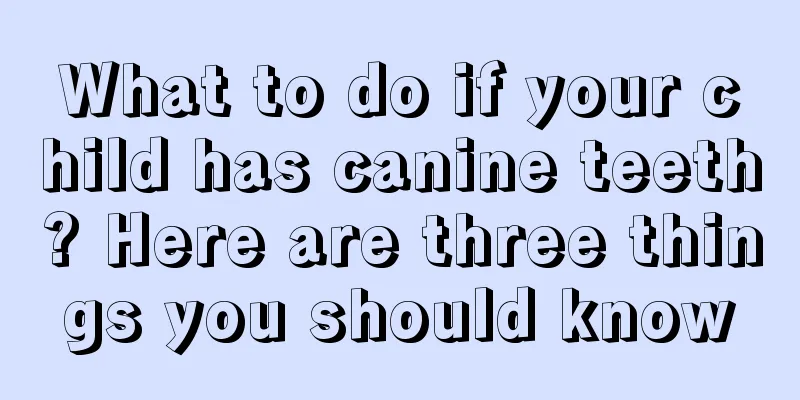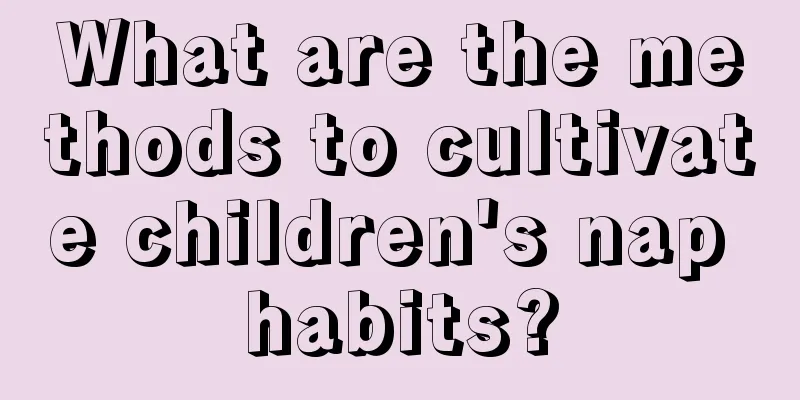The difference between ADHD and hyperactive children
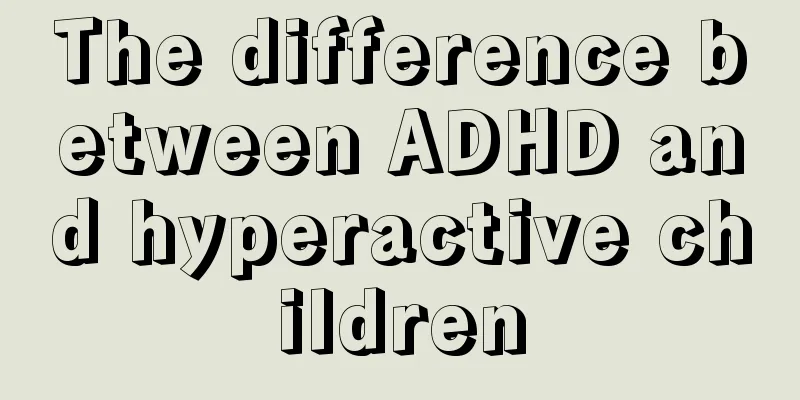
|
Many people suffer from ADHD in life. In fact, ADHD does not mean that the child jumps up and down, but that the child's body shakes uncontrollably without the control of his or her nerves. Some children may be born active and have a certain curiosity about everything. They want to do it themselves. This will cause some parents to misunderstand their children and think that their children have ADHD. So what are the differences between children with ADHD and active children? 1What is the difference between hyperactivity and ADHD? The child's psychological characteristics are competitiveness, curiosity, activity, imitativeness and imagination, with activity being the more prominent. Some parents regard their children's activeness as being dishonest, naughty, and undisciplined, and they impose various restrictions on their active children. This practice goes against the psychological characteristics of children. A child who is active is a sign of high energy and good physical and mental health. Only children who suffer from malnutrition, severe anemia or other congenital diseases are not active. Being active is also a way for children to explore nature and society. They want to touch, move and look at everything they see, and ask all kinds of questions. They are curious about and do not understand the things around them. However, some parents mistake normal children's hyperactivity as "ADHD". There are four main differences between normal hyperactivity and ADHD. (1) Although normal active children also have difficulty concentrating, they can concentrate on things they are interested in and are rarely distracted; children with ADHD cannot do this. (2) Although normal children may behave in a casual manner, such as making small movements in class or even making noises and fighting, they can control themselves when they realize that they must do so; however, children with ADHD cannot control themselves. (3) Normal children are flexible and free when performing rapid, repetitive and rotating movements, while children with ADHD are clumsy. (4) Central nervous system stimulants can cause excitement in normal children; however, after taking them, children with ADHD will quickly become quiet, less active, and their attention will be relatively focused. When they take sedatives, they become excited and hyperactive instead. Therefore, for suspected children, you might as well give them some coffee or strong tea. If the child does not have outstanding symptoms, parents are advised not to take the child to a mental hospital for treatment casually, otherwise it will give the child adverse psychological stimulation. Parents should also not casually say to the child "you have ADHD". Doing so will affect the child's intellectual development and increase the mental burden. 2How to best educate children with ADHD 1. Acknowledge and respond to any positive behavior, no matter how small; if you look for the good things in your child without prejudice, you will find some. 2. Avoid frequently using language that expresses negative attitudes, such as "no", "stop", and "no". 3. Distinguish the child’s bad habits from the child himself. For example, you can say to your child: "I like you, but I don't like you not to listen." 4. Make a very clear schedule for your child. Set a schedule for waking up, eating, playing, watching TV, and going to bed. You should stick to the schedule, but also be flexible when your child doesn't stick to it. After a while, your routine will become your child's own habit. 5. When you teach him new things, be patient, explain briefly and clearly, and repeat your requirements often. 6. Try to leave a space for your child in the room, avoid decorating with bright and strong colors, and keep the room simple and tidy. Placing the desk against an empty wall away from distractions will help your child concentrate. 7. Do one thing at a time. Store toys in boxes with lids. Give him only one toy at a time. If your child is drawing or reading, turn off the radio or TV. Multiple stimuli will make it difficult for him to concentrate. 8. Giving children certain responsibilities is crucial in their growth process. The task assigned to him should be within his capabilities. Once he completes a task, even if it is not completed ideally, he should be recognized and praised. |
<<: What food is good for children to eat when they vomit?
>>: What to do if children have vulvar itching
Recommend
Why does the baby suck his fingers when sleeping?
The question I want to discuss with you today is ...
How to use pediatric massage to relieve gas?
Most babies will have poor gastrointestinal sympt...
Why does my child have a fever at night but is normal during the day?
I wonder if you parents have ever had this experi...
Will you still grow taller at the age of 16?
Many teenagers experience slow growth and fail to...
How to prevent animal bites in young children
Because young children are young, they do not kno...
How to take care of a baby’s blocked nose?
It is easy for babies to have nasal congestion wh...
What are the early symptoms of tuberculosis in children?
The reason why many people develop tuberculosis i...
What to do if a three-year-old baby has a fever and vomits
What worries parents the most is the baby's f...
How to determine if a child has a fish bone stuck in his throat?
Fish is a common food in our lives. It is rich in...
What causes enlarged pores in children?
Generally speaking, when it comes to skin problem...
Can the baby take a bath after the injection?
It is better not to give the baby a bath immediat...
Is it good for newborns to bask in the sun to treat jaundice?
The problem of jaundice in newborn babies can be ...
Symptoms and signs of iron deficiency in newborns
For newborns, a good diet is very important. If t...
What to do if your child has a headache and vomits
Every family has only one child, so the child is ...
Dietary considerations for children with asthma
Asthma is a common disease in our human body, and...
